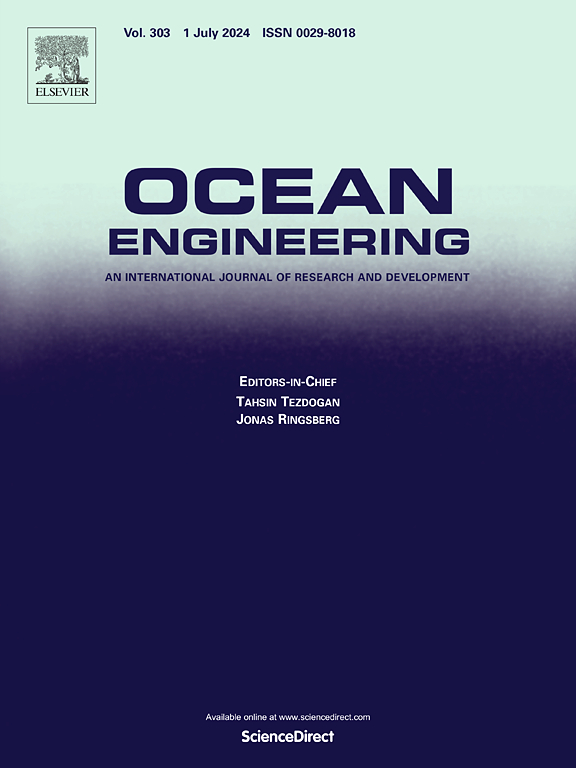An optimization study on dynamic berth allocation based on vessel arrival time prediction
IF 5.5
2区 工程技术
Q1 ENGINEERING, CIVIL
引用次数: 0
Abstract
Berth allocation is a critical aspect of port operations, and its efficiency directly affects the overall performance of port operations. However, in practice, the significant uncertainty and complexity of container vessel arrival times pose challenges to the formulation of berth allocation plans. To address this issue, this study leverages historical data from the Automatic Identification System (AIS) and employs various machine learning models to accurately predict container vessel arrival times. The prediction results are then integrated into berth allocation optimization. The berth allocation model takes into account factors such as tidal conditions and berthing positions to design an optimal berth allocation strategy, which is solved using a genetic algorithm. A comparative analysis of case studies demonstrates the optimization effectiveness of the proposed model. Compared with the actual operational plan of the port, vessel waiting time is reduced by 28 %, significantly improving the service quality and operational efficiency of port operations.
基于船舶到达时间预测的动态泊位分配优化研究
泊位分配是港口作业的重要环节,泊位分配的效率直接影响港口作业的整体绩效。然而,在实践中,集装箱船舶到达时间的巨大不确定性和复杂性给泊位分配计划的制定带来了挑战。为了解决这个问题,本研究利用自动识别系统(AIS)的历史数据,并采用各种机器学习模型来准确预测集装箱船的到达时间。然后将预测结果整合到泊位分配优化中。该泊位分配模型考虑潮汐条件和靠泊位置等因素,设计出最优的泊位分配策略,采用遗传算法求解。通过实例分析,验证了该模型的优化效果。与港口实际作业计划相比,船舶等待时间减少28%,显著提高港口作业的服务质量和作业效率。
本文章由计算机程序翻译,如有差异,请以英文原文为准。
求助全文
约1分钟内获得全文
求助全文
来源期刊

Ocean Engineering
工程技术-工程:大洋
CiteScore
7.30
自引率
34.00%
发文量
2379
审稿时长
8.1 months
期刊介绍:
Ocean Engineering provides a medium for the publication of original research and development work in the field of ocean engineering. Ocean Engineering seeks papers in the following topics.
 求助内容:
求助内容: 应助结果提醒方式:
应助结果提醒方式:


